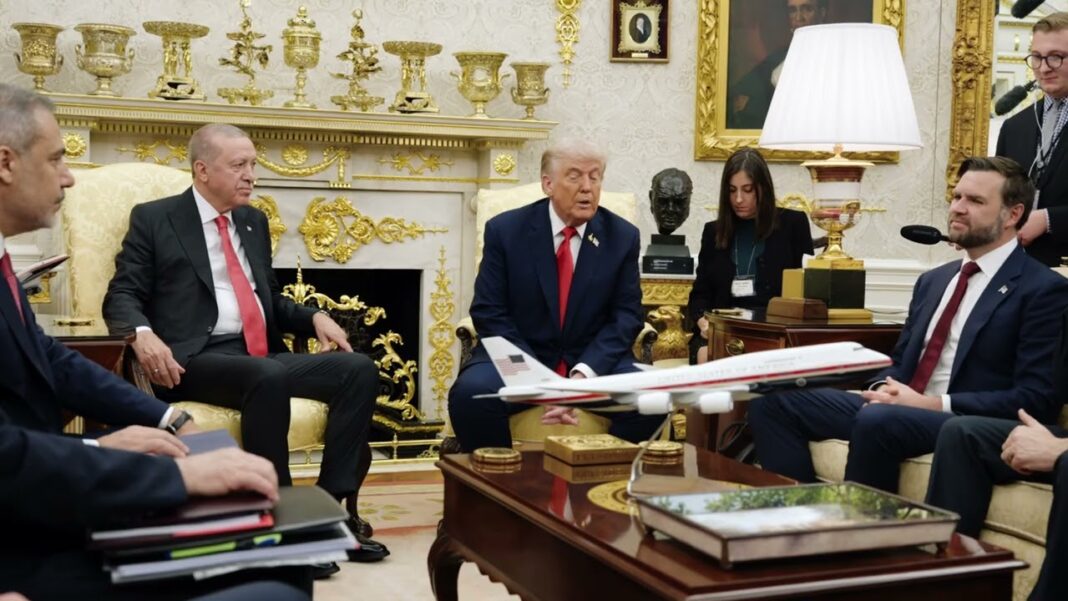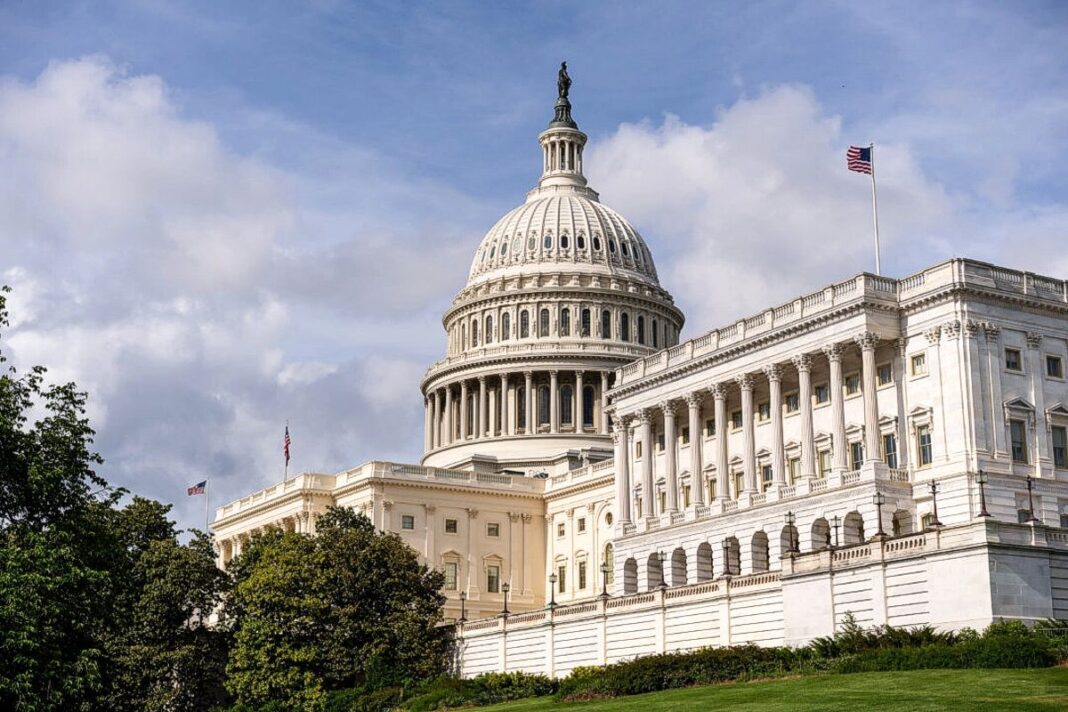Budapest and Bratislava warn ending Russian Druzhba oil would cripple their economies, as Brussels and Washington push Croatia’s Adria as an alternative.
U.S. President Donald Trump is turning up the pressure on Europe to curb Russian oil imports, singling out Hungary and Slovakia for their reliance on Moscow.
But the landlocked nations of Central and Eastern Europe are digging their heels in, determined to keep cheap crude flowing through the Druzhba pipeline, a 4,000-kilometre (2,500-mile) artery carrying Russian oil into the heart of Europe.
Brussels, Washington, and analysts say that existing infrastructure, chiefly Croatia’s Adria pipeline, can cover both countries’ needs, while draining the Kremlin’s war coffers and its leverage.
But Budapest, Bratislava, and Hungarian oil giant MOL say the shift is unworkable, warning it would raise costs, strain capacity, and endanger energy security.
‘Hungarian Economy Would Be on Its Knees’: Orban
Hungarian Prime Minister Viktor Orban spoke by phone with Trump on Sept. 25 about Russian oil and other issues.
In comments to state radio on Friday, Orban said he told Trump that dropping Russian energy imports would be an economic “disaster” for Hungary.
“I told the U.S. president … that if Hungary is cut off from Russian oil and natural gas, immediately, within a minute, Hungarian economic performance will drop by 4 percent,” Orban said. “It means the Hungarian economy would be on its knees.”
He added that when it comes to energy sources, “It is clear what is in Hungary’s interest and we will act accordingly.” Hungary and the United States, he said, “are sovereign countries. There is no need for either of us to accept the arguments of the other. America has its arguments and interests, and Hungary does too.”
Reliance on Russian Fuel
In his address to the U.N. General Assembly in New York City on Sept. 23, Trump criticized NATO members for continuing to buy Russian energy.
“But inexcusably, even NATO countries have not cut off much Russian energy and Russian energy products,” he said. “Think of it, they’re funding the war against themselves.”
According to the Russian news agency Interfax, Russia supplied 4.78 million metric tons of oil to Hungary via the southern branch of the Druzhba oil pipeline in 2024 and 956,000 metric tons in January–February 2025.
For decades, Europe’s energy system was built on Russian supply. The EU has pledged to phase out Russian energy purchases entirely by 2028, though Washington has pushed for a faster timeline, in part to open space for U.S. exports.
Before the Ukraine–Russia war in 2022, Moscow provided around 40 percent of the EU’s natural gas imports, along with significant volumes of crude oil and coal. Pipelines such as Nord Stream 1 powered Germany’s industrial base, while countries such as Hungary, Slovakia, and the Czech Republic grew heavily reliant on Russian deliveries.
By Owen Evans








